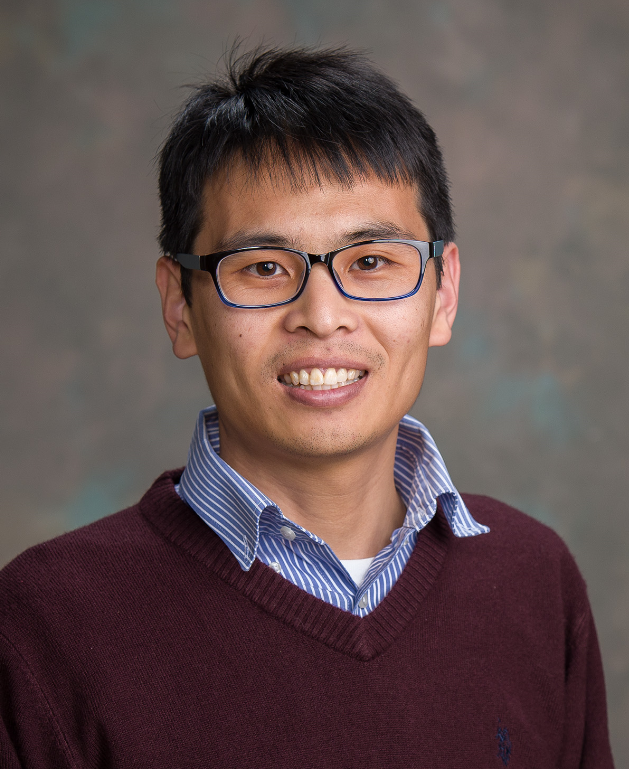About me
Welcome to my page!
I’m Shicheng Guo (Computational Biology, Bioinformatics and Statistical Genetics), Department of Medical Genetics, University of Wisconsin-Madison (UW-Madison), Center for Precision Medicine, Marshfield Clinic Research Insitute (MCRI), University of California San Diego and Univerity of Texas Health Science Center at Houston (UThealth).
I received my Ph.D. degree at Fudan University in 2014 under Prof. Li Jin and full support from Prof. Jiucun Wang and Prof. Momiao Xiong. I started my post-doctoral training at University of Texas Health Science Center at Houston (UThealth, 2014-2015) and University of California, San Diego (UCSD, 2015-2017). I made series contribution on Human PBMCmethylome, Silk methylome, hepatocellular carcinoma and pancreatic cancer methylomes, CD4+ methylomes for rheumatoid arthritis and tissue-of-origin mapping by cell-free circulating DNA methylation.
In 2017, I joined Dr. Steven Schordi’s lab in MCRI and focusing on genetic epidemiology and the diagnostic and prognostic roles of epigenetic variations in human complex disease, especially human autoimmune disease and cancer. In the Marshfield Clinic, I mad full use of my bioinformatics, big data analysis and text mining skills to valuable Marshfield Personalize Medicine Research Project dataset (PMRP) (including 20,000 Exome-chip data and comprehensive clinical and epidemiological information) and Roadmap, eMERGE, Blueprint, PharmGKB, PharmaADME, Encode, GTEx, FANTOM, ExAC, UK-biobank, TARGET, TCGA, PDB and LINCS to identify disease susceptibility genes and epigenetic markers for early diagnosis or real-time prognosis surveillance. In 2018, I implemented a novel gene-based recessive diplotype appraoch and identified a novel hemochromatosis gene (FGF6). The work was accepted by blood in 2019 and introduced by MCRI news. Currently, my research work was supervised by Dr. Steven Schordi and Dr. Mark Craven and supported by Marshfield Clinic Research Institute and Computation and Informatics in Biology and Medicine (CIBM) training program supported by National Library of Medicine and University of Wisconsin-Madison and seeking for independent faculty position in genetics, epigenetics and precision medicine.
In my previous research, I have applied case-control or pedigree-based linkage, association, or transmission disequilibrium test to identify novel disease genes. Multiple statistical approaches were applied including single variants, a gene-based, pathway-based association under different models like additive, dominant, recessive, and compound heterozygous with generalized linear mixture model adjusted by population stratification and cryptic relatedness. Multiple phenotype-based joint analysis and causal inference were applied to optimize the GWAS signal and underly complicated relationships among phenotypes.
Email:Shicheng.Guo@wisc.edu

